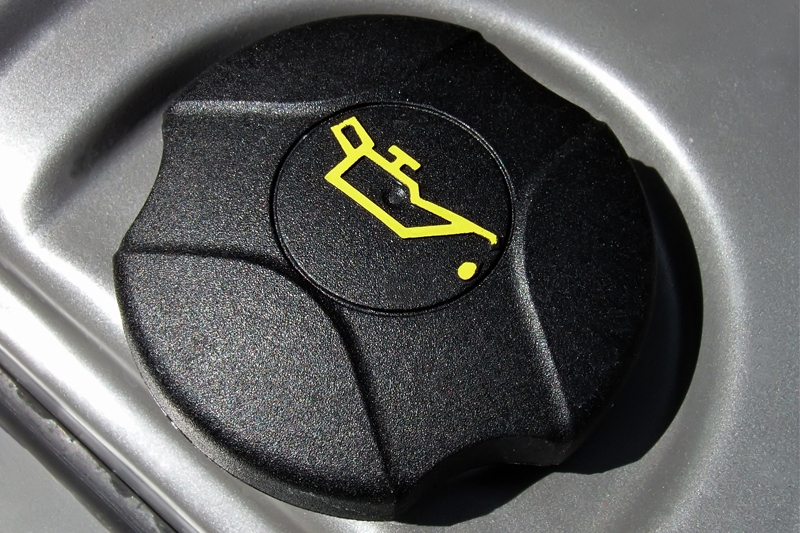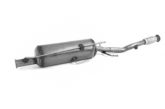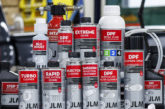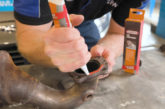PMM reviews some of the cases investigated by the Verification of Lubricant Specifications (VLS) over the past four years, as part of its work to protect mechanics and motorists by upholding standards in the lubricants industry.
VLS was formed in 2013 when the lubricants industry faced a problem. Some lubricant products were being sold on the marketplace with claims that were simply unrealistic. Closer inspection found that occasionally sub-standard formulations were being passed off as the latest specifications, or even failing to perform effectively at low temperatures.
Out of this concern, reputable lubricant blenders and manufacturers came together to launch the Verification of Lubricant Specifications (VLS). Since its inception in 2013, it has arbitrated over 50 different lubricant complaints covering issues such as cold weather properties through to compliance with industry standards and market regulations.
Case 3: Outdated claims made against previous technical standards
In this case, an engine oil was reported to VLS as being non-compliant with regard to the code of practice required by ACEA, the European association of OEM’s, and the technical association of the European lubricants industry, ATIEL. The product was claiming compliance against outdated ACEA standards, not against the latest requirements. Only claims against the current engine oil standards are permissible by ACEA and ATIEL. The lubricant was also labelled with year-date markers (2004 and 2008) which are allowed within the trade but not publicly with the end user or consumer.
VLS takes action
VLS (UK) entered into constructive dialogue with the supplier involved to resolve the issue. The supplier concerned reissued the relevant Technical Data Sheets and agreed to withdraw the mislabelled stock and relabel as appropriate.
Andrew Goddard, Chairman of VLS says: “The ACEA engine oil sequences are revised every four years to take account of developments in emission regulations and technical developments in OEM engine design. What was permissible under the 2008 sequences might not be under the 2012 sequences. Therefore, only claims made against the current sequences are valid. Lubricant marketers can fall foul of the change in regulations if they do not closely manage their own stock. They must manage their stockholding accurately so that old stock is no longer available once the new sequences become mandatory. This case proved with the active presence of VLS, there is now an industry body that will hold them to account if they don’t. Our role is to put the trade and motorists first and ensure that products being sold meet the latest specifications and are suitable for use.”
Ongoing education
VLS continues to investigate all new product claims, as well as reaching out to the wider motor industry and motorists themselves to improve understanding about oil choice. Education in the lubricants sector and beyond is key to ensuring standards remain high and that lubricants being sold are fit for purpose and deliver what is claimed.
If you have any concerns about lubricant products, you can report them to VLS by calling 01442 875922 or emailing admin@ukla-vls.org.uk. VLS handles all cases anonymously through a clearly defined process which includes technical review by a panel of experts from across the industry and dialogue with the manufacturer and all relevant parties to work together to resolve any issues.











